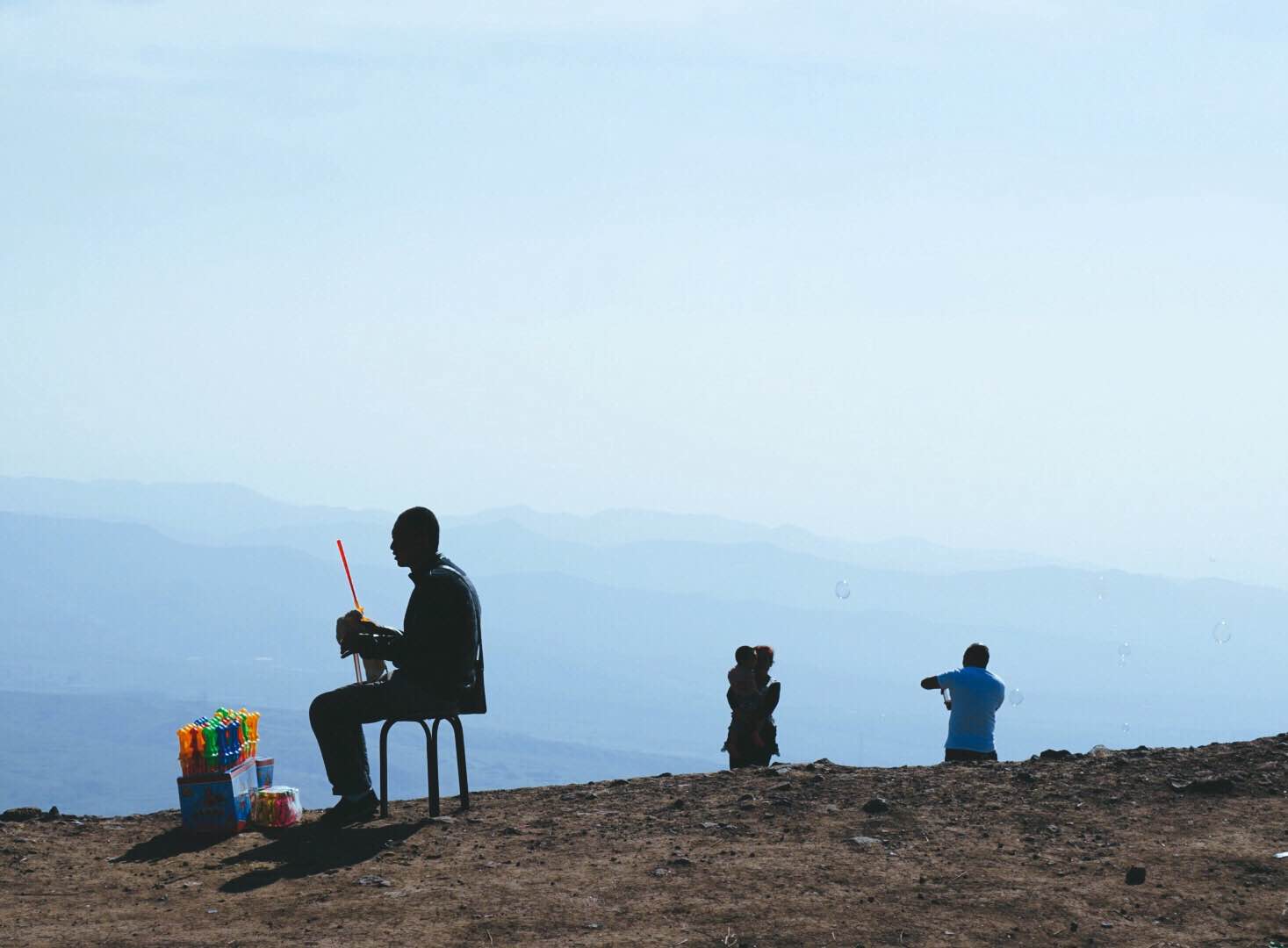Abstract
This article examines the expanding role of civil society organisations (CSOs) and the ‘fourth sector’ in reshaping international cultural relations over the past fifteen years. The authors analyse bottom-up approaches that challenge traditional state-led cultural diplomacy, focusing on how CSOs operate beyond ‘methodological nationalism’ while resisting both globalisation pressures and exclusive national identity promotion. Drawing on examples from the Balkans and other regions—including Nomad Dance Academy, Krokodil literary festival, and Red/Crvena feminist organisation—the study demonstrates how civil society employs innovative strategies such as festivals, art residencies, knowledge transfer, and regional networking. These organisations prioritise the ethics of solidarity and care, often working to decolonise and de-Europeanise cultural relations. The research reveals that CSOs function as ‘counterpublic’ spaces, creating platforms for dissent and social change while fostering equitable cultural exchanges. Unlike traditional diplomatic approaches, civil society initiatives emphasise fairness, mutual enrichment of peripheries, and bringing marginalised voices to global attention, offering alternative frameworks for international cultural cooperation based on responsibility and solidarity.


